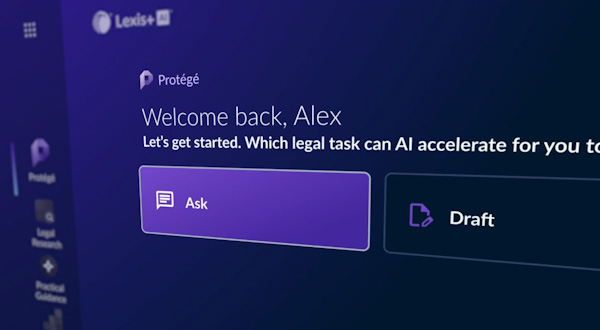New asylum rule won't apply to immigrants stopped by metering policy, appeals court says

Image from Shutterstock
A federal appeals court ruled Thursday the “third country transit rule” will not apply to immigrants who arrived at the southern border seeking protection before it took effect last summer.
In its opinion, the 9th U.S. Circuit Court of Appeals at San Francisco declined to lift a lower court’s injunction blocking enforcement of the rule against immigrants who arrived before July 16, 2019, but were prevented from entering and making an asylum claim under the Trump administration’s metering policy.
Under that policy, the number of asylum seekers processed at ports of entry on a given day is limited.
The Los Angeles Times, San Francisco Chronicle and Courthouse News Service have coverage.
Melissa Crow, a senior supervising attorney at the Southern Poverty Law Center who represents legal services nonprofit Al Otro Lado and the subclass of asylum seekers in the case, said in a statement to Courthouse News Service that the court’s decision was important for thousands of asylum-seekers who properly waited their turn at the border.
“These vulnerable individuals, many of whom waited for months to apply for asylum, deserve an opportunity to have the merits of their asylum claims heard,” she said.
The federal government requested a stay of the injunction pending its appeal, contending that identifying individuals who arrived at the border before the start of the third country transit rule—which requires immigrants to apply for asylum in at least one country they enter while on their way to the United States—will burden the asylum interview process.
The 9th Circuit declined the government’s request, saying it had not shown that the injunction would cause irreparable harm.
“The injunction was in place for over three weeks before the government sought a stay pending appeal,” the court wrote. “It thus had available to it the best evidence of harms likely to occur because of the injunction: evidence of harms that did occur because of the injunction.
“Rather than submitting evidence of actual burdens and delays it has experienced since the injunction was issued, the government’s declarations contain only estimates, assumptions, and projections.”
The government had argued the only way to identify affected individuals was to spend an additional 15 to 30 minutes asking as many as 30 more questions during each credible-fear interview.
The court rejected this argument, saying it doubted “taking the time necessary to make fairly simple factual determinations for a few months constitutes the sort of irreparable harm that can support the grant of a stay pending appeal.”
“Any harm suffered is largely the result of the government’s own failure to keep records of asylum seekers who have been metered or to provide the asylum seekers with documentation of their attempt to seek asylum,” the court added.
The 9th Circuit also wrote in its opinion that the federal government is unlikely to prevail on its argument that the lower court was wrong in determining that immigrants who were waiting at ports of entry under the metering policy had “arrived” in the United States and were not subject to the third country transit rule.
“Class members will be governed by the Rule if they seek asylum based on a second arrival, but they also arrived earlier and, under the statute, were quite likely entitled to asylum consideration triggered by that arrival, even if that consideration was delayed,” the court said. “At least, the government has not made a showing that this statutory understanding is incorrect strong enough to counterbalance its weak irreparable harm evidence.”
The 9th Circuit said the government’s appeal has been expedited and will be heard at the next available oral argument panel.
See also:
ABA Journal: “New rule would make applying for US asylum impossible for most immigrants at the southern border”
ABA Journal: “New asylum rule is quickly challenged in two lawsuits”
ABA Journal: “Supreme Court says US can implement rule that bans most asylum applications at southern border”
Write a letter to the editor, share a story tip or update, or report an error.


